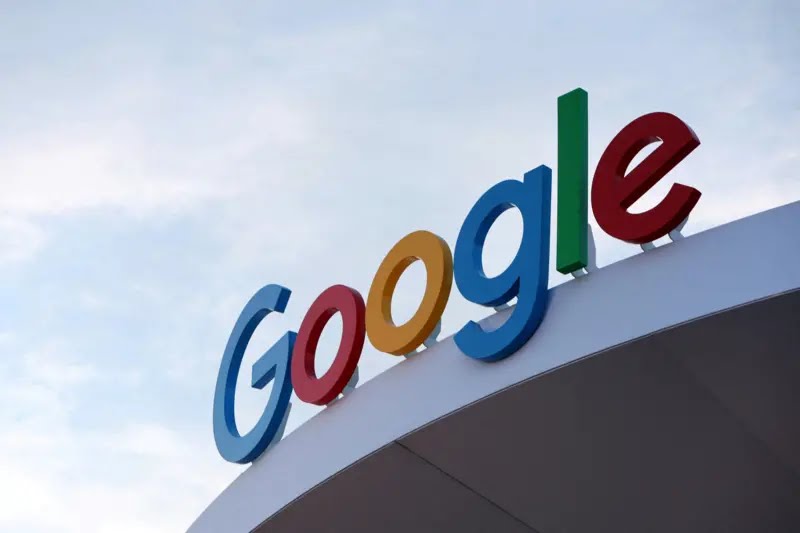Google has avoided being forced to sell its Chrome web browser but will now be required to share information with rivals, following a ruling by US District Judge Amit Mehta.
The decision comes after years of legal wrangling over the company’s dominance in online search, particularly its role as the default search engine on its own platforms such as Android and Chrome, as well as on third-party devices like Apple’s.
The Department of Justice had pushed for Chrome to be sold off, but Tuesday’s ruling allows Google to retain ownership.
However, the company will be prohibited from signing exclusive contracts and must provide competitors with access to certain search data.
In its defense, Google had suggested lighter measures, including curbing revenue-sharing agreements with companies like Apple, which make its search engine the default on their devices.
Reacting to the judgment, Google framed the outcome as a victory, pointing to advances in artificial intelligence as part of the shift in the industry.
“Today’s decision recognizes how much the industry has changed through the advent of AI, which is giving people so many more ways to find information,” the company said in a statement.
“This underlines what we’ve been saying since this case was filed in 2020: Competition is intense and people can easily choose the services they want,” it added.
Google has consistently denied wrongdoing, arguing since 2020 that its dominance stems from having a better search product that consumers naturally prefer.
Judge Mehta had previously ruled that the company unfairly entrenched its monopoly in the search market, but in this latest judgment he concluded that forcing a sell-off of Chrome would be “a poor fit for this case.”
The same reasoning applied to Android, with Google successfully arguing that breaking it off would render it unworkable.
Assistant Attorney General Abigail Slater noted that officials are weighing whether the remedies go far enough.
“Today’s remedy order agreed with the need to restore competition to the long-monopolized search market, and we are now weighing our options and thinking through whether the ordered relief goes far enough in serving that goal,” she posted on X.
Alphabet, Google’s parent company, saw its shares climb more than 8% after the ruling. Smartphone makers like Apple, Samsung, and Motorola also stand to benefit, as they will no longer be tied into exclusive arrangements with Google.
During the trial, it was revealed that Google paid more than $26 billion in 2021 to companies such as Apple and Mozilla for preferential treatment.
Going forward, the company is banned from signing exclusive contracts for Google Search, Chrome, Google Assistant, or its Gemini app.
Manufacturers will now be able to promote or preload rival browsers, search engines, or AI tools alongside Google’s offerings, although Google may still compensate partners for default placement.
Industry analysts described the decision as relatively mild. Gene Munster of Deepwater Asset Management called it “good news for big tech,” adding, “Apple also gets a nice win because the ruling forces Google to renegotiate the search deal annually.”
Melissa Otto of S&P Global Visible Alpha noted that the outcome “doesn’t seem to be as draconian as the market was expecting,” pointing out that with Google’s search revenues projected near $200 billion this year, the arrangement benefits both Google and its distribution partners.
But not everyone is satisfied. DuckDuckGo CEO Gabriel Weinberg criticized the ruling, saying it fell short of addressing anti-competitive practices.
“As a result, consumers will continue to suffer,” he said.
This case is not Google’s final courtroom battle. Later in September, the company faces another Justice Department trial over allegations it illegally monopolized digital advertising technology.
